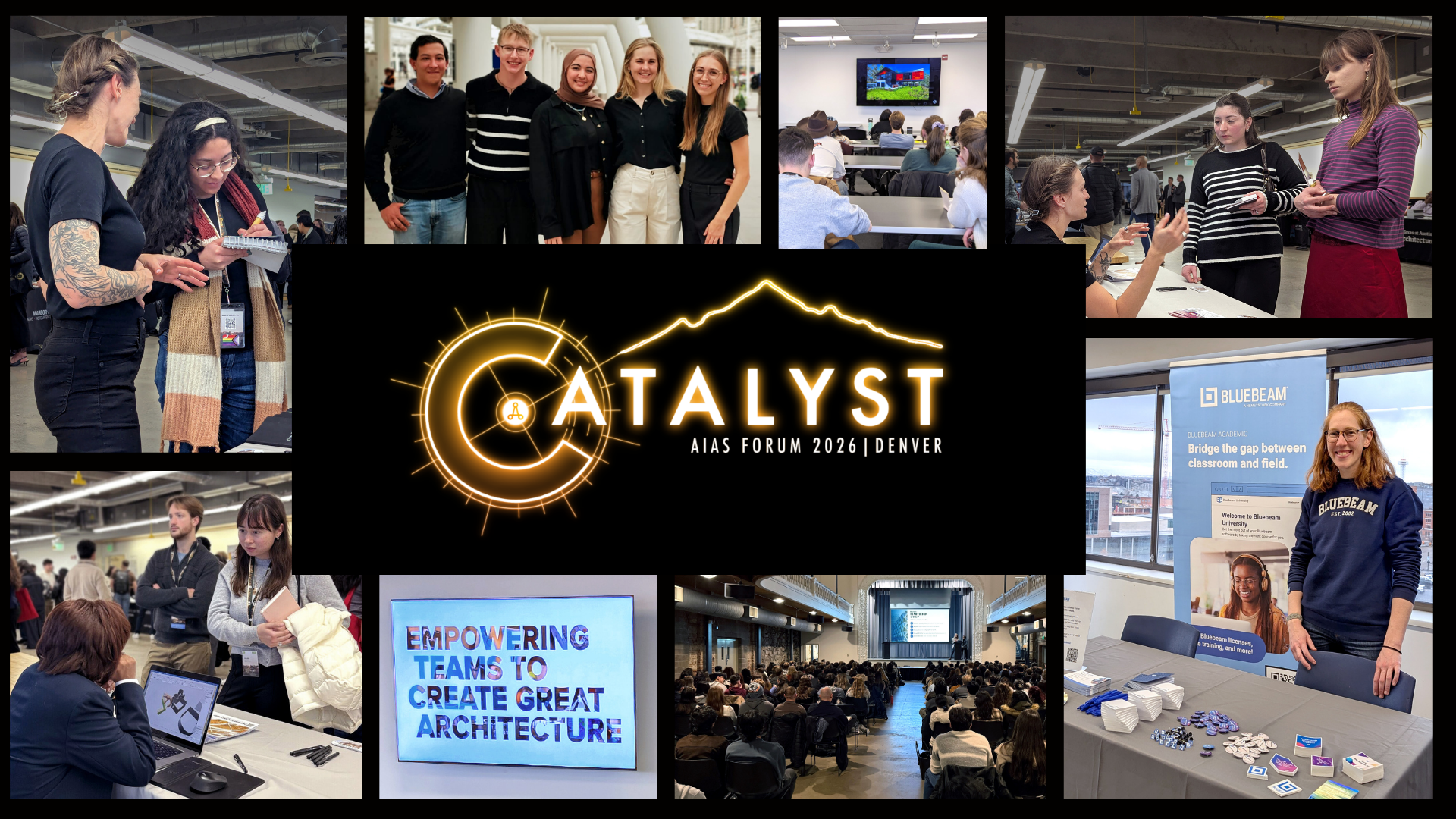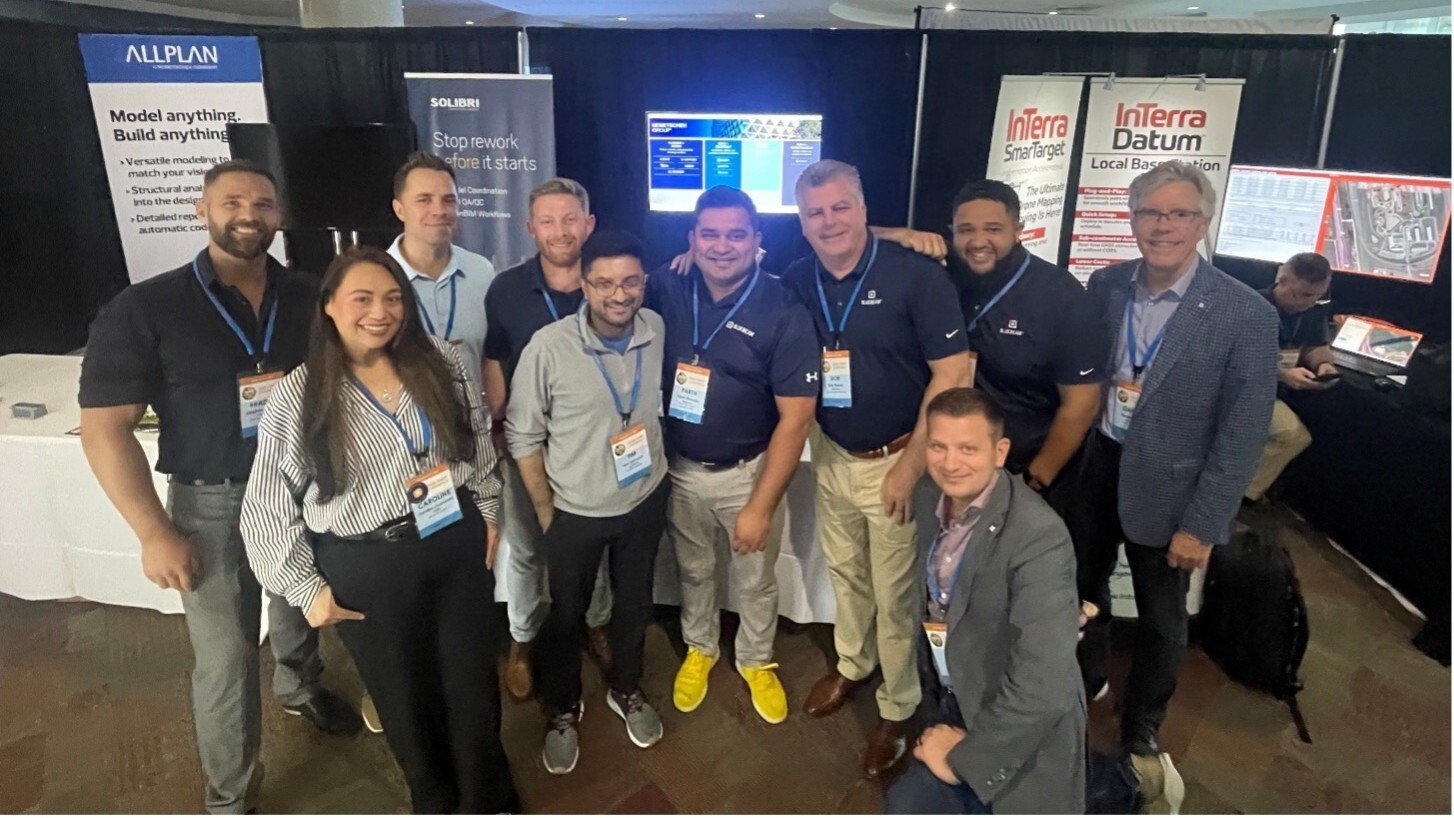Scaling Construction Tech in Europe versus US: A Founder’s Perspective
Kewazo’s CEO and Co-Founder shares his experiences of scaling technology in these two markets and how startups can navigate them strategically for long-term success.
Author
Artem Kuchukov
Co-Founder & CEO KEWAZO
This article belongs to the collection Innovation.
To the topic pageScaling a construction technology company is never easy, but the challenges differ significantly between regions. Many entrepreneurs find that Europe’s path to adoption is slower and more complex than in the United States, where innovation often scales much faster. This difference can be frustrating, leading some to wonder if Europe is at a disadvantage.
At KEWAZO, we’ve experienced firsthand how different the scaling process can be between Europe and the US. The key is not just recognizing these contrasts, but learning how to navigate them strategically – leveraging the best aspects of both markets for sustainable success. Here’s how.
The Entrepreneurial Spirit: Why the US Moves Faster
In the United States, entrepreneurship is deeply embedded in the culture. Entrepreneurs are celebrated as the drivers of innovation and economic progress, which creates an environment where new ideas are given a chance to thrive. This entrepreneurial spirit encourages quick decision-making and a higher tolerance for risk. When companies or investors in the US see potential, they move fast – adopting new technologies and iterating on them with speed. This pace of decision-making means that construction tech startups can scale rapidly if they manage to gain traction.
With access to a large and unified market, companies in the US face fewer barriers when expanding. Moreover, the abundance of venture capital funding in the US allows startups to experiment and refine their solutions without the same pressure for immediate profitability. In addition, the spending culture differs from Europe – US companies tend to have more access to capital and are often more willing to allocate it toward innovation. If they see value in a new technology, they are quicker to invest, whereas European companies tend to be more cautious with their spending.
For construction tech companies, the US market offers an accelerated growth trajectory – but it also demands quick pivots. Fail fast, or succeed fast. While the rapid pace of adoption is exciting, it can also be risky. European startups looking to scale can learn from this willingness to take risks and experiment, but it’s important to recognize that speed can come at the cost of sustainability in the long term.
Europe’s Strengths: A Different Approach to Growth
While the US moves fast, Europe takes a more measured approach to innovation. The region boasts some of the world’s best engineering talent, with universities and research institutions producing cutting-edge construction technologies. This focus on technical excellence means solutions are often highly refined before they reach the market.
Europe also provides strong early-stage support, with government grants and innovation programs helping startups develop products without immediate reliance on venture capital. This reduces the pressure to scale too quickly and allows companies to focus on long-term viability rather than short-term growth.
However, scaling in Europe comes with challenges. The construction industry tends to be more risk-averse, requiring extensive validation before adopting new technology. Additionally, market fragmentation – with multiple languages, regulations, and building standards – makes expansion more complex than in the US.
That said, the slower pace has advantages. European startups have more time to test, refine, and adapt their technology before scaling. Instead of facing the high-risk “scale or fail” model seen in the US, they can build a solid foundation for sustainable growth. By combining this methodical approach with lessons from the US, European companies can balance innovation with long-term success.
Lessons for European Construction Tech Founders
So, with these differences in mind, what can we learn from this? For European construction tech startups, the key to successful scaling lies in learning from the US model while leveraging Europe’s strengths. Each market presents opportunities, and understanding when and how to expand can make all the difference.
Adopt the US Mindset Where Possible
While Europe tends to be cautious, there is value in embracing the US approach to risk-taking and rapid iteration. Startups should seek out early adopters within the European construction industry – companies willing to test new solutions and provide feedback. Being proactive, engaging decision-makers, and demonstrating value early can help shorten long adoption cycles.
Leverage Europe’s Strengths for Long-Term Success
Europe’s structured approach gives startups the chance to refine technology before scaling, reducing the risk of premature failure. Entrepreneurs should make full use of government grants, innovation programs, and industry partnerships to strengthen their foundation. Rather than seeing the slower pace as a disadvantage, consider it an opportunity to build resilience and fine-tune products before entering high-speed markets.
Consider Strategic Expansion – Even If It Means Starting Elsewhere
A surprising lesson we’ve learned is that sometimes success abroad is the key to being recognized at home. Many European startups find that gaining traction in a larger, more receptive market – like the US – creates validation that helps them break into their domestic industry. This is similar to the idea that “no man is a prophet in his own country” – a phenomenon seen across industries, including music, fashion, and technology.
For European startups struggling with slow adoption, launching in the US (or another foreign market) can provide credibility that accelerates acceptance in Europe. While this isn’t the right strategy for every company, it’s worth considering for those facing resistance in their home market.
Finding the Right Path to Growth
Whether refining technology in Europe before scaling or using success abroad to gain credibility at home, there is no single path to growth. The key is to recognize each market’s unique advantages and make strategic decisions accordingly.
KEWAZO, a Munich-based robotics company, automates maintenance and construction in heavy industry with robotics and AI. The current focus is on material movement automation. Their technology has been successfully deployed at sites of industry leaders such as Chevron, Dow, and ExxonMobil. The Nemetschek Group has been invested in the robotics start-up since 2023.





